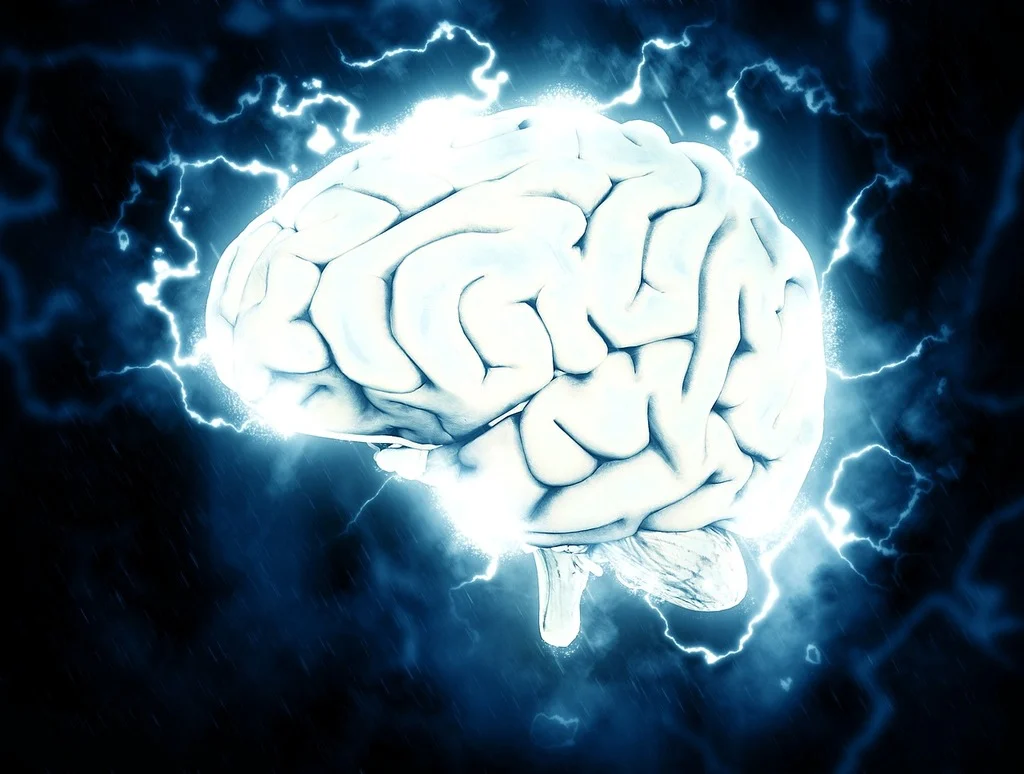The Role of Neurocritical Care Teams in Emergency Medicine

When it comes to managing life-threatening neurological conditions, neurocritical care teams play an indispensable role in emergency medicine. These specialized teams work tirelessly for optimal outcomes for patients experiencing severe neurological injuries or conditions. But what exactly does the team do? Who are the professionals behind these interventions? And when is their expertise most needed? This article examines these topics to highlight the significance of neurocritical care in contemporary medicine.
What Do Neurocritical Teams Do?
Neurocritical care teams specialize in the treatment of patients with severe, acute neurological conditions. Their work spans everything from keeping patients stable in the short term to implementing strategies designed to support long-term recovery. One of their main focuses is protecting brain function. This can involve monitoring intracranial pressure, maintaining adequate blood flow to the brain, and managing complications like seizures or strokes. They often oversee ventilation and sedation for patients requiring life support.
These teams also support early diagnosis and targeted interventions. By utilizing advanced imaging techniques and diagnostic tools, they gain valuable insights into the patient’s condition, enabling the development of timely and precise treatment plans. Their work doesn’t stop there; these teams also help coordinate multidisciplinary care. They collaborate with neurosurgeons, neurologists, rehabilitation experts, and other specialists to provide comprehensive care tailored to the specific needs of each patient.
When Is Neurocritical Care Needed?
Neurocritical care is often required during some of the most time-sensitive moments in medicine. These situations typically involve conditions where time is of the essence and effective intervention is key to survival or recovery.
Examples of conditions requiring this level of care include:
- Traumatic Brain Injuries (TBI): This care team manages patients with head injuries to achieve proper oxygen flow, reduce swelling, and prevent further damage.
- Stroke: Emergency care provides the rapid response needed to minimize brain damage and restore blood flow.
- Subarachnoid Hemorrhage: A form of brain bleeding, this condition requires immediate action to prevent complications and facilitate survival.
- Status Epilepticus: Continuous seizures lasting over five minutes can be life-threatening and demand expert care to halt the seizures and avoid further neurological harm.
- Post-surgical Monitoring: Patients recovering from neurosurgery often require this care to confirm that their condition stabilizes and to manage potential complications.
Neurocritical care is key in these scenarios because it bridges the gap between life-saving emergency interventions and long-term recovery strategies, offering patients the best chance for a positive outcome.
Who Makes Up the Team?
The strength of a team lies in its multidisciplinary approach, with various specialists working together to address the complex needs of each patient. Here’s a closer look at who is often part of the team:
- Neurointensivists: These physicians specialize in neurocritical care and are key decision-makers, overseeing every aspect of the patient’s treatment plan.
- Neurologists and Neurosurgeons: Neurologists provide expertise in diagnosing and managing neurological conditions, while neurosurgeons handle surgical interventions when necessary.
- Critical Care Nurses: Highly skilled nurses monitor vital signs, administer medications, and provide round-the-clock care at the bedside.
- Respiratory Therapists: These specialists manage patients who require mechanical ventilation or other respiratory support.
- Pharmacists: Neurology care pharmacists oversee the proper administration of medications and monitor for potential side effects or interactions.
- Rehabilitation Specialists: Physical, occupational, and speech therapists often join the team to plan early rehabilitation efforts, setting the stage for recovery.
- Social Workers and Case Managers: These professionals provide guidance and support to families, helping them understand the care process and access resources during a stressful time.
Consult a Specialist
When dealing with sensitive neurological conditions, time and expertise can make all the difference. Neurocritical care teams exemplify a coordinated and compassionate approach in managing some of the most urgent and challenging medical cases. Their work provides patients with the best chance of survival and recovery, especially in high-pressure scenarios where every second counts. For more information or to connect with a neurocritical care team, contact your local medical center or specialist. Your peace of mind and health are worth it.
- What to Expect When Visiting a Foot and Ankle Specialist
- Causes of PTSD
- The Link Between Plantar Fasciitis and Weight Gain: What You Need to Know
- How Pet Ownership Can Positively Impact Life with Fibromyalgia
- The Importance of Stretching and Flexibility in Sports Medicine
Dr. Emma Green is a health and wellness expert with over 10 years of experience in nutrition and fitness. Passionate about helping others live their healthiest lives, Dr. Green shares practical advice on wellness, nutrition, and sustainable living through LivingSpristine.






